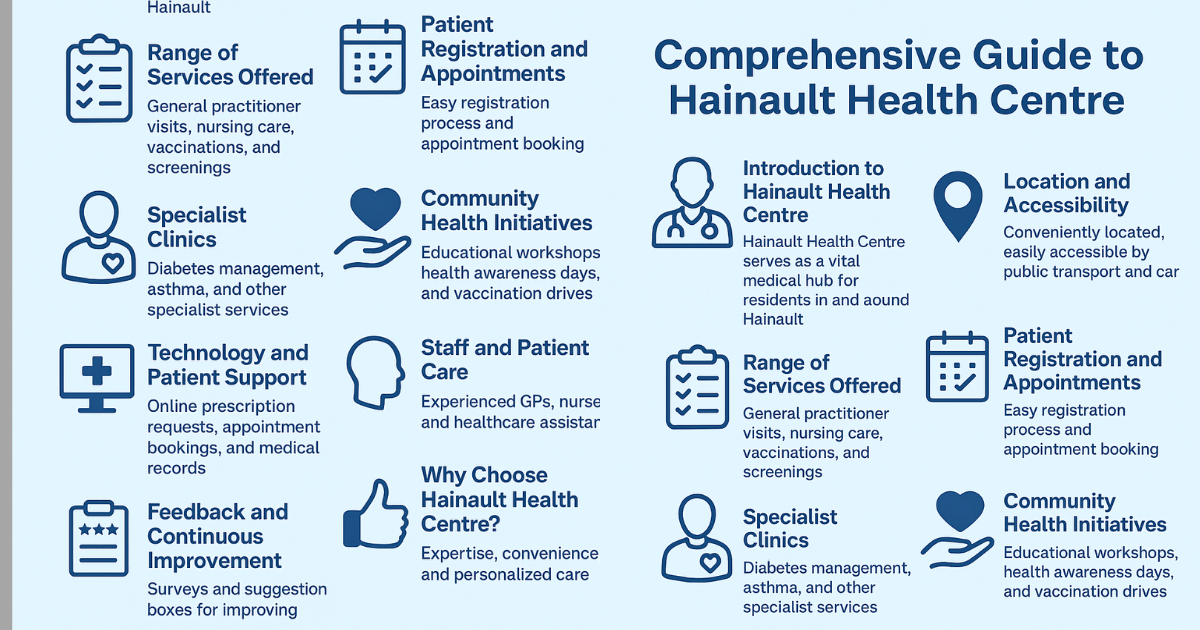Overview of the Program Pause
The decision to put the Lane Community College Nursing Program on hold has caught the attention of both current students and prospective applicants. Known for its high-quality curriculum and strong clinical partnerships, the program has been a preferred choice for aspiring nurses in Oregon. However, with the recent pause, questions have emerged about the reasons behind this decision and its implications for the community.
Lane Community College has always maintained a reputation for producing skilled and compassionate nursing graduates. The pause, while temporary, has disrupted the usual flow of admissions and training schedules. Understanding the underlying factors is essential for students planning their academic journey, as well as for healthcare employers who rely on these graduates to fill critical roles.
Reasons Behind the Program Suspension
Several factors have contributed to the pause in the nursing program. While official statements indicate an evaluation of curriculum and resources, other influences may include staffing challenges, regulatory requirements, and changes in healthcare industry demands. Colleges often need to reassess programs to ensure they remain competitive and aligned with evolving medical standards.
Moreover, national trends in nursing education show that many institutions are facing similar pressures. Accreditation updates, faculty shortages, and shifts in clinical site availability can all necessitate temporary program suspensions. By addressing these concerns now, Lane Community College aims to maintain its high standards in nursing education.
Impact on Current Nursing Students
For students already enrolled, the pause brings uncertainty about completing their studies on time. While some may be able to continue through alternative arrangements, others may face delays in their graduation timelines. This disruption could also impact financial planning, housing, and job prospects for those nearing the end of their coursework.
Support services are being offered to help students navigate this transition. Academic advisors are working closely with affected individuals to provide guidance on transfer opportunities, temporary placements, or schedule adjustments. The goal is to minimize long-term disruptions while maintaining educational quality.
Effect on Prospective Nursing Applicants
Prospective students who were preparing to apply to Lane Community College’s nursing program now face the challenge of revisiting their educational plans. Some may choose to wait for the program to reopen, while others might explore nursing schools in different locations or consider related healthcare programs.
The timing of the pause is significant, as many nursing candidates plan their applications months in advance. Admission cycles, prerequisite completion, and testing schedules all play a role in their decision-making. Understanding the reasons for the pause will help these students make informed choices for their careers.
How Local Healthcare Providers Are Affected
Lane Community College’s nursing graduates have traditionally been a vital part of the local healthcare workforce. Hospitals, clinics, and long-term care facilities often rely on these graduates to fill nursing shortages. A temporary halt in new graduates entering the field could exacerbate existing staffing challenges in the region.
Healthcare administrators are now considering alternative recruitment strategies to bridge the gap. This may include hiring from outside the region, offering incentives to experienced nurses, or collaborating with other nursing programs to secure new talent. The situation underscores the interconnectedness of nursing education and healthcare service delivery.
Program Accreditation and Quality Standards
Maintaining accreditation is a critical component of any nursing program. Regulatory bodies require periodic reviews to ensure programs meet established educational and clinical training standards. A pause may indicate that Lane Community College is proactively addressing areas identified during such reviews.
Quality improvements could involve updating course materials, enhancing simulation labs, or restructuring clinical partnerships. These upgrades not only meet accreditation requirements but also benefit students by providing them with the most current and effective training possible.
Communication and Transparency from the College
Clear and consistent communication is essential during times of program change. Lane Community College has taken steps to inform students, faculty, and community partners about the program’s status. Emails, official statements, and advisory meetings have been used to share updates and answer questions.
Transparency helps maintain trust among stakeholders. By explaining the reasons for the pause and outlining next steps, the college ensures that students and the community remain engaged and supportive during the transition.
Support Systems for Affected Students
A range of support measures has been introduced to assist students impacted by the program’s pause. This includes academic counseling, mental health services, and assistance with transferring to other nursing programs if needed. Such support is vital in helping students stay on track with their professional goals.
The college’s commitment to student welfare extends beyond academics. By offering resources to manage stress, uncertainty, and financial strain, Lane Community College demonstrates its dedication to the holistic success of its students.
Timeline for Program Resumption
While an exact date for resuming the program has not been confirmed, the college has indicated that the pause will be used to make substantial improvements. The timeframe will depend on how quickly necessary changes can be implemented and approved by regulatory bodies.
Potential students and employers alike are eager for the program to restart. Until then, updates will be shared through official channels to keep everyone informed about progress and anticipated reopening schedules.
Long-Term Outlook for Nursing Education at Lane
Despite the challenges posed by the pause, the long-term future of nursing education at Lane Community College remains promising. The temporary halt provides an opportunity to innovate and strengthen the program’s foundation, ensuring it can meet the demands of modern healthcare.
By addressing current limitations, the program can emerge stronger, with updated curricula, enhanced facilities, and renewed industry partnerships. The commitment to excellence suggests that when the program resumes, it will continue to be a top choice for nursing education in the region.
Conclusion
The lane community college nursing program paused situation has created uncertainty for students, faculty, and healthcare providers. However, it also presents an opportunity for meaningful improvements that can benefit the program for years to come. By focusing on accreditation standards, enhancing resources, and maintaining open communication, Lane Community College is positioning itself for a stronger return.
For now, students and community members will need to adapt to this temporary change, but the college’s proactive approach suggests that the future remains bright for nursing education in the area. When the lane community college nursing program paused is finally lifted, the renewed program is likely to offer an even higher standard of training for aspiring nurses.





